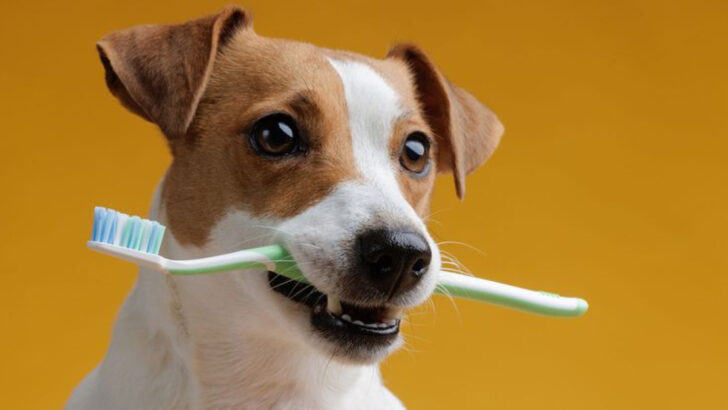If your dog’s breath could peel paint off the walls, it’s time for a serious intervention.
We love our pups, but that toxic cloud wafting from their mouths? Not so much. A little doggy breath is normal—but when it starts to smell like something died in there, it’s a sign that something’s off.
From stinky diets to sneaky dental problems, bad breath can mean more than just a need for minty freshness. Luckily, there are ways to fight back—and no, you don’t need to douse your dog in mouthwash.
Say goodbye to the stink and hello to sweet snuggles.
Here are 10 simple, effective tips to get your pup’s breath back to something you can actually tolerate.
Regular Dental Check-ups

A dog’s oral health is paramount, and regular dental check-ups are essential. Think of it as visiting the dentist but for your furry friend. A professional can identify plaque build-up, gum disease, or any other potential issues causing bad breath.
Scheduling these appointments bi-annually can keep your dog’s mouth fresh and healthy. Dental check-ups also allow for professional cleaning, which is more thorough than home care.
Did you know? Dogs can suffer from periodontal disease just like humans, which is a leading cause of bad breath. Regular visits can prevent this.
Proper Tooth Brushing
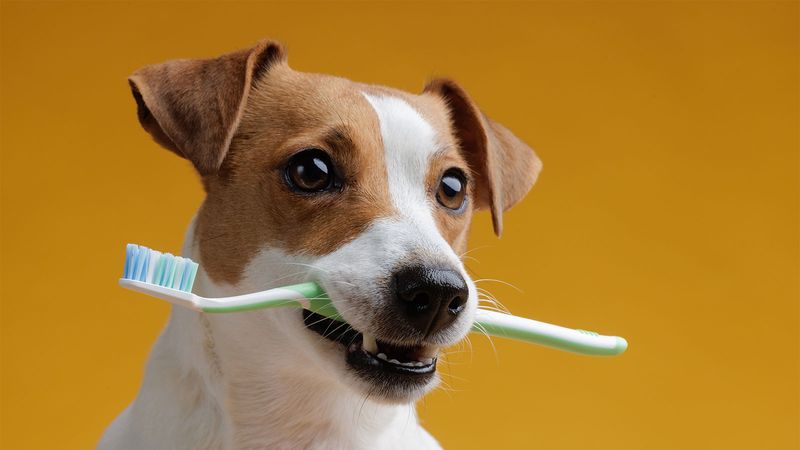
Imagine the refreshing feeling after brushing your teeth; dogs experience the same! Regularly brushing your dog’s teeth can significantly reduce bad breath. Use specially designed canine toothbrushes and toothpaste for best results.
Start slowly to get your pet accustomed to the process. Brushing should ideally be done at least three times a week.
Pro tip: Begin by letting your dog taste the toothpaste before using the brush. This makes the process more enjoyable and less intimidating for your furry companion.
Dental Chews and Toys
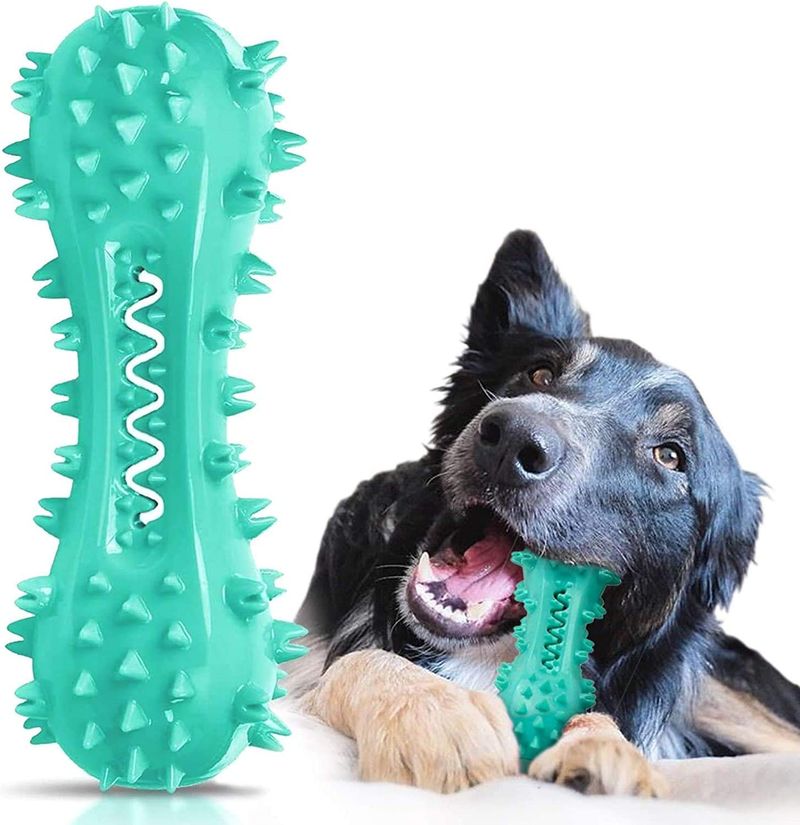
Dogs love to chew, and dental chews can be a delightful solution to bad breath. These chews are designed to reduce plaque and tartar. They come in various flavors and sizes, so pick one that suits your dog’s taste.
Chewing also promotes saliva production, which naturally helps clean the mouth. Additionally, incorporating dental toys can aid in maintaining oral hygiene.
Fun fact: Some dental chews are infused with enzymes that enhance their effectiveness, making them a tasty and beneficial treat for your pet.
Hydration is Key
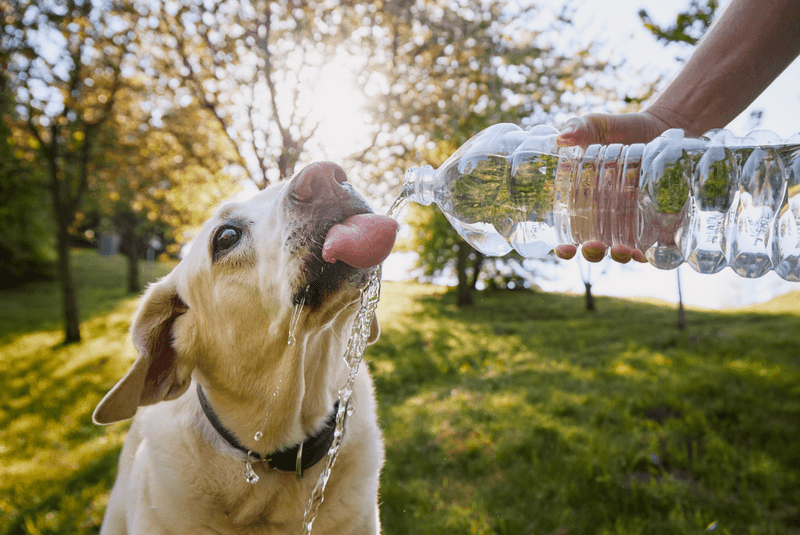
Hydration isn’t just crucial for overall health; it plays a vital role in oral hygiene as well. A well-hydrated dog produces more saliva, which helps wash away food particles and bacteria.
Ensure that your pet always has access to fresh, clean water. Consider using a pet water fountain to encourage more frequent drinking.
Interesting tip: Some dogs prefer chilled water, especially in warm weather, which can entice them to drink more and promote better oral health.
Healthy Diet Choices
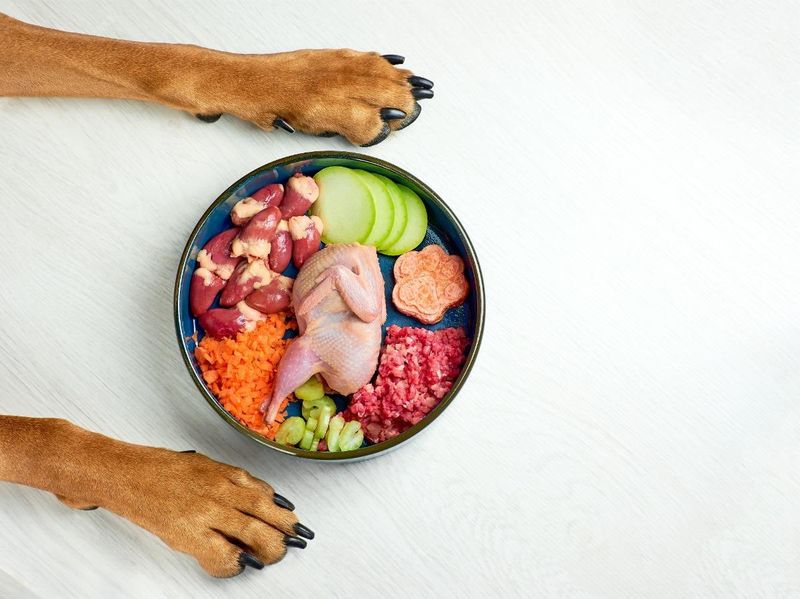
A balanced diet does wonders for a dog’s overall health, including their breath. Consider incorporating crunchy fruits and vegetables like carrots and apples into their meals. These can help clean teeth naturally and freshen breath.
Avoid feeding your dog table scraps or sugary treats that can contribute to dental problems. Choose high-quality dog food rich in nutrients.
Did you know? Certain foods, like parsley, are known for their breath-freshening properties. Adding a sprinkle to meals can help combat bad breath naturally.
Regular Vet Visits
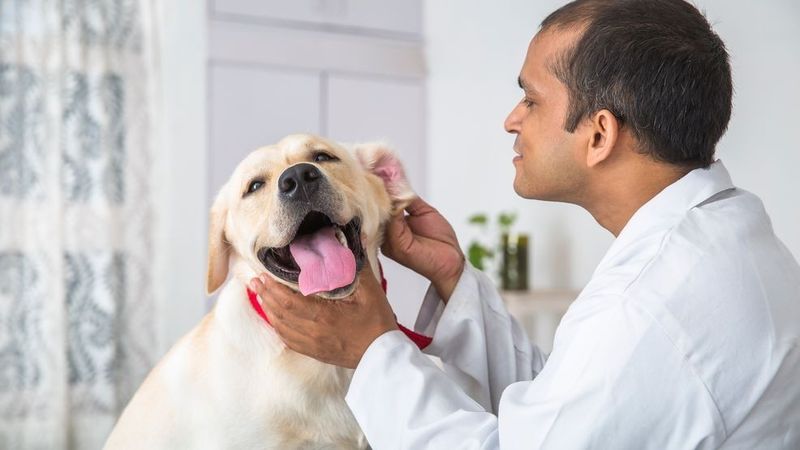
Routine vet visits are not just for vaccinations; they’re crucial for spotting potential health issues. Vets can detect underlying problems that might contribute to bad breath, such as kidney disease or diabetes.
These visits provide an opportunity for a full health assessment, including oral exams. Early detection means easier management.
Quick fact: Sometimes bad breath can be an indicator of digestive issues, which a vet can help diagnose and treat, ensuring your dog’s health and happiness.
Specialized Breath Fresheners
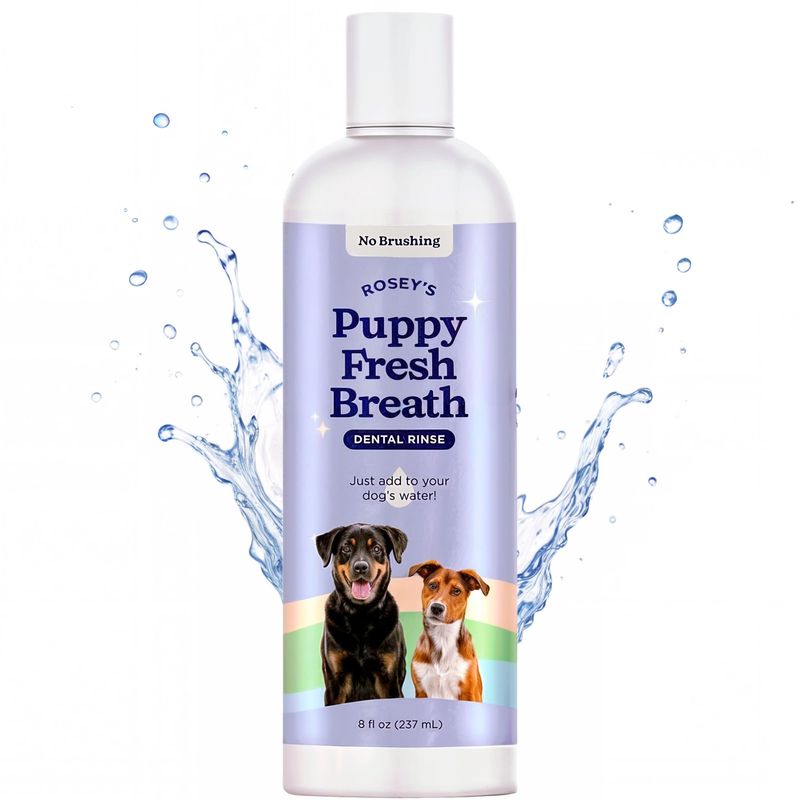
Breath fresheners aren’t just for humans! There are dog-specific products that address halitosis. These come in sprays, drops, or even powders and can be easily added to your dog’s drinking water or food.
They are designed to target the bacteria responsible for bad breath. Always ensure the product is safe and vet-approved.
Fun tidbit: Some breath fresheners also contain probiotics that aid in digestive health, contributing to overall fresher breath from the inside out.
Check for Oral Infections
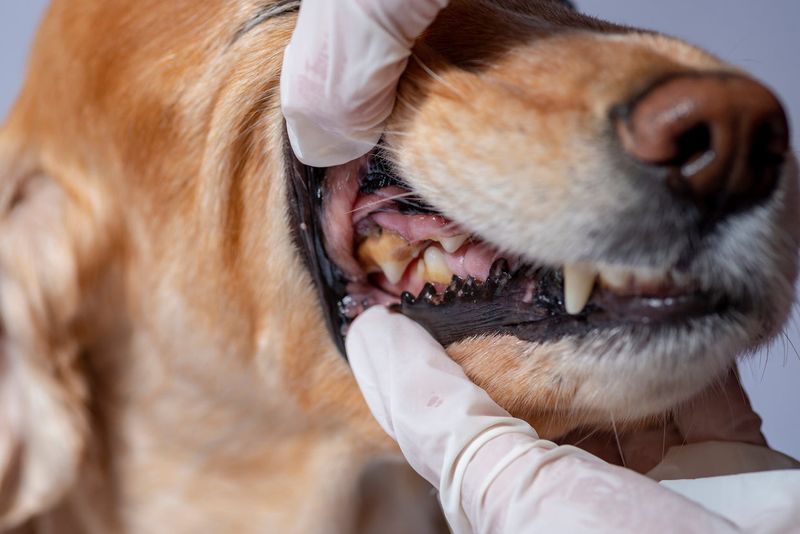
Oral infections can be a sneaky source of bad breath. Regularly check your dog’s mouth for signs like redness, swelling, or unusual odors.
If you suspect an infection, it’s crucial to seek veterinary advice promptly. Infections can lead to more severe health issues if left untreated.
Did you know? Certain breeds are more prone to oral infections, such as Bulldogs and Pugs. Keeping a close eye on their oral health can prevent discomfort and maintain fresh breath.
Herbal Remedies
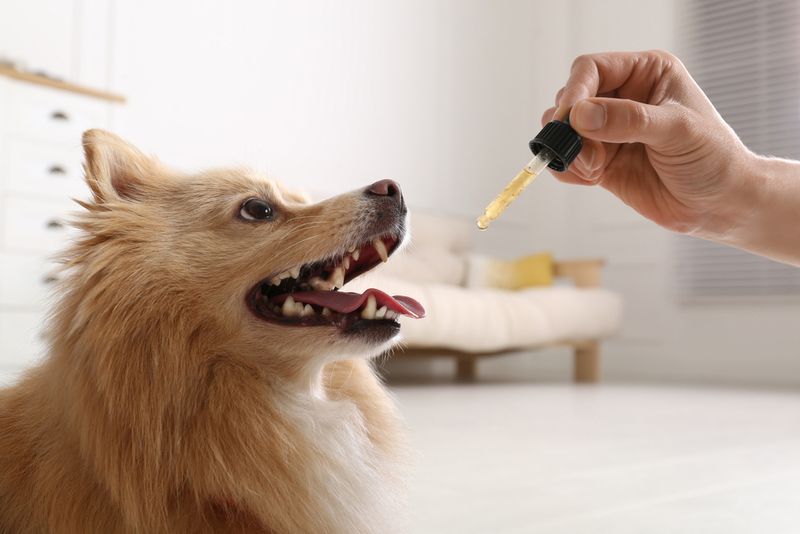
Natural remedies can be a gentle way to combat bad breath. Herbs like parsley and mint are known for their breath-freshening properties.
Incorporate small amounts of these into your dog’s diet. However, always ensure that they are safe for canine consumption.
Interesting fact: Mint not only freshens breath but can also soothe a dog’s digestive system, making it a double-benefit herb for your pet’s diet.
Professional Dental Cleaning
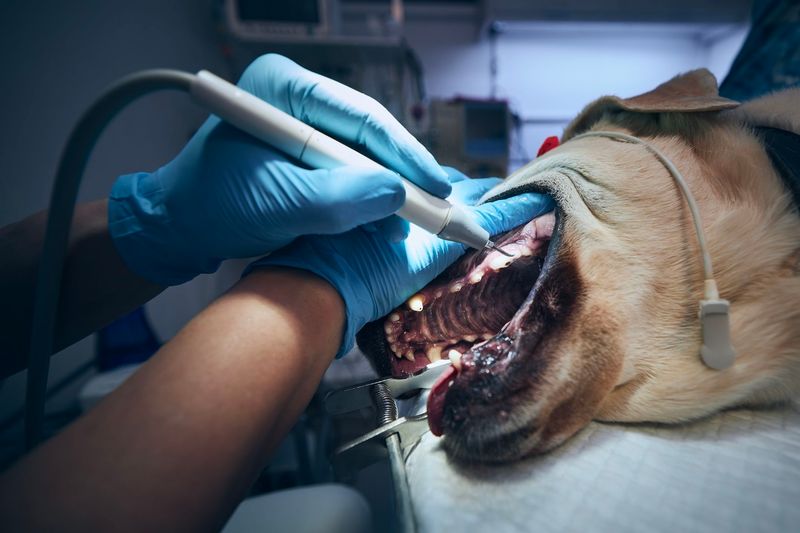
Sometimes, bad breath requires a professional touch. Veterinary dental cleanings are thorough and can address issues that regular brushing may miss.
These cleanings often involve scaling and polishing, ensuring your dog’s teeth and gums are in top condition.
Quick tip: While it might be more intensive, a professional cleaning can prevent more significant health problems down the line and is a worthwhile investment for your dog’s well-being.

